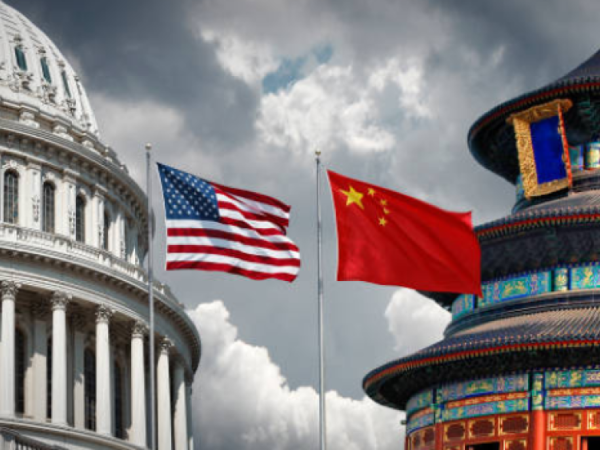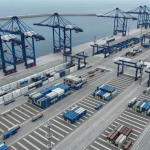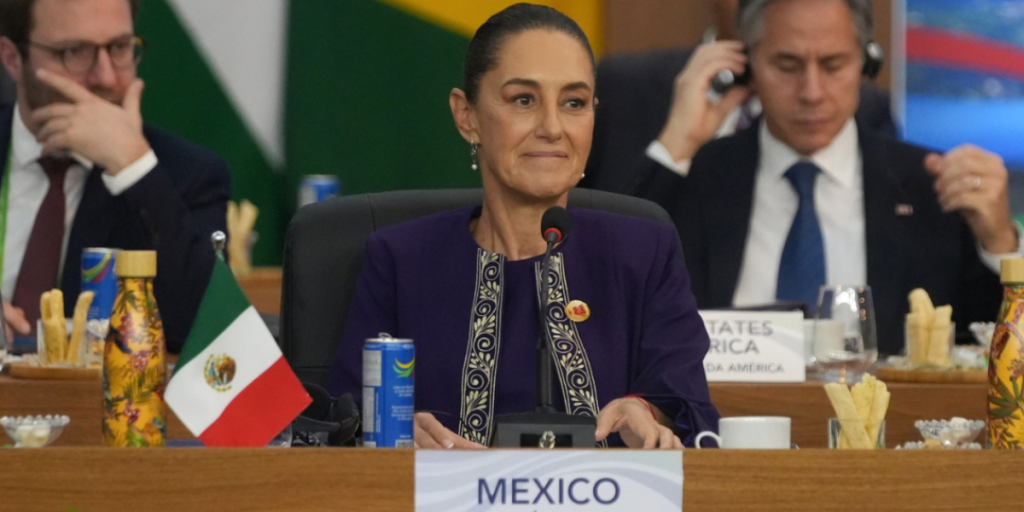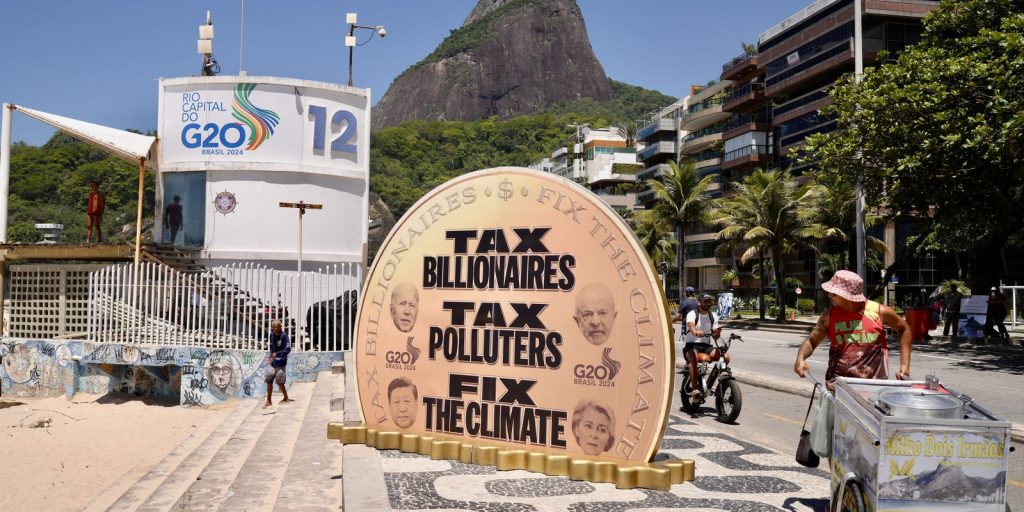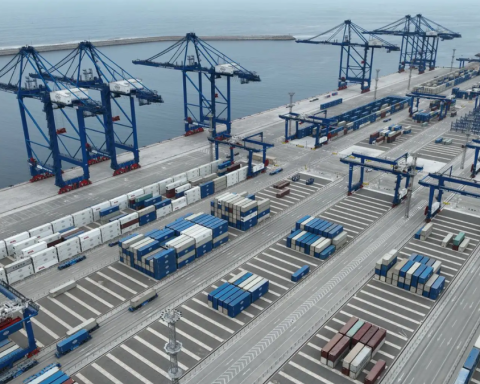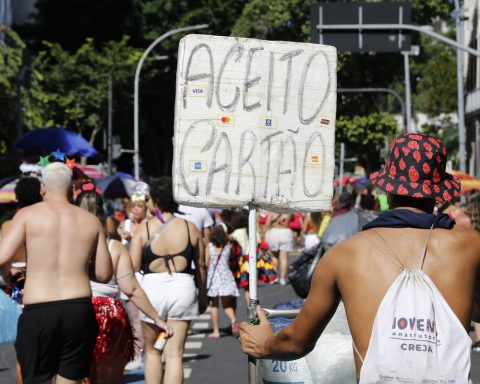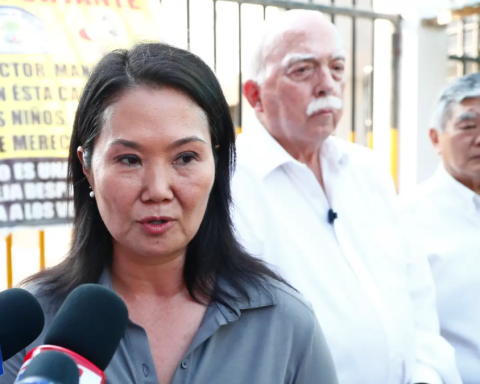Hong Kong investors believe that the victory in the United States of the Republican presidential candidate, Donald Trump, will “improve the global economic climate”, despite the tensions that his protectionist policies could generate between the United States and China, according to a survey published this Monday.
The study, carried out by MDRi, part of the British legal advisory firm Mishcon de Reya Group, reveals that 70% of those surveyed believe that Trump’s presidency will be more beneficial for the global economy than that of his rival would have been. Democrat, Kamala Harris, despite the likelihood of increased disagreements between Beijing and Washington.
For reading: ‘Vice presidencies are going to disappear and management positions will be reduced’: president of Ecopetrol
In addition, the research found that local financial players are willing to increase their exposure to the US market, driven by “greater optimism towards the global economy,” according to the Hong Kong newspaper South China Morning Post.
Currently, 58% of the 500 investors surveyed They claim to allocate their funds to the local market, while 19% choose to invest in the United States.
China.
Bloomberg
After the elections, 24% of participants expressed their intention to increase their investment in the North American country. The survey indicates that this change in investment focus could be related to “a decline in confidence in local and Asia-Pacific economies.”
The Hong Kong stock market experienced a significant volatility last week, with the Hang Seng Index recording a 6.3% drop.
This decline came after investor disappointment over Beijing’s approval of a bond quota to address hidden local government debt, while uncertainty over possible higher tariffs following Trump’s re-election continues to affect the stock market environment. .
Although Beijing has not publicly expressed its preferences, Trump’s return and its possible repercussions on relations between China and the United States appear to have been considered by Chinese authorities.
Other news: These are the 55 finalists for the 2024 Portafolio Awards
In fact, the director of the Hong Kong and Macau Affairs Office, Xia Baolong, summoned 29 Hong Kong business leaders, along with the chief executive of the semi-autonomous city, John Lee, and other senior officials, to a meeting on November 8. meeting in the southeastern Chinese city of Shenzhen to evaluate the results of the US presidential elections, according to the newspaper.
The news that Trump was considering Senator Marco Rubio and Michael Waltz for the positions of secretary of state and national security advisor, respectively, caused a drop of 580 points in the Hang Seng index.
Trump announced in July 2020, still during his presidential term, the signing of a decree to end the special economic and commercial treatment that his Government gave to Hong Kong, in addition to a law to impose new sanctions on China for having “extinguished the freedom” of that semi-autonomous city.
“They will have no special privileges or economic treatment, nor will they be able to export sensitive technologies to us. In addition, they already know that we have imposed massive tariffs on China,” Trump said, suggesting that these rates would also apply to products from Hong Kong.
Trump’s decree marked another step after ordering his government to reduce to a minimum the preferential treatment it gave the city, a status that helped the former British colony become a global financial center over the last two decades.
The measure was part of Washington’s retaliation for Beijing’s approval in 2020 of the controversial national security law on Hong Kong after the massive anti-government protests of 2019, which seeks to prohibit any act of “subversion against the central government.” Chinese in the semi-autonomous city and that Trump considered a way to “oppress” the territory.
EFE
